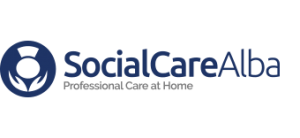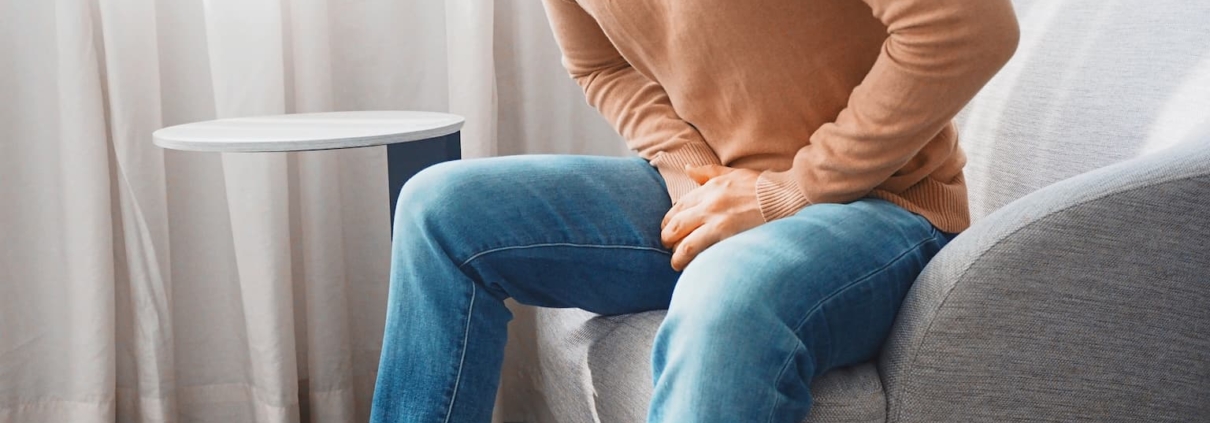Continence Promotion
This blog post focuses specifically on continence promotion, aiming to improve bladder control, ensure comfort, and maintain the individual’s dignity:

Assessment and Individualised Care
Objective
To assess the individual’s urinary incontinence and develop a personalised care plan.
Actions
- Conduct a detailed assessment, including a bladder diary, to identify patterns such as frequency, urgency, or nocturia.
- Identify potential causes such as urinary tract infections, medication side effects, or mobility issues.
- Involve the individual in care planning to ensure the plan aligns with their needs and preferences.
Expected Outcome
A comprehensive assessment provides the basis for a tailored urinary incontinence management plan.

Bladder Training and Scheduled Toileting
Objective
To improve bladder control and reduce the frequency of incontinence episodes.
Actions
- Implement a bladder training programme, encouraging the individual to delay urination gradually and increase bladder capacity.
- Develop a scheduled toileting routine, prompting the individual to use the toilet at regular intervals (e.g., every 2-4 hours), where visits allow.
- Monitor progress and adjust the schedule and training as needed to reflect improvements in bladder control.
Expected Outcome
The individual experiences fewer episodes of urinary incontinence and improved bladder control.

Skin Care and Hygiene
Objective
To maintain skin integrity and prevent irritation due to urinary incontinence.
Actions
- Use appropriate incontinence products such as absorbent pads or pants, changing them promptly when soiled.
- Gently cleanse the skin after each episode with a pH-balanced cleanser to remove urine and reduce the risk of irritation.
- Apply a barrier cream to protect the skin and prevent breakdown or infection.
Expected Outcome
The individual’s skin remains healthy, with no signs of irritation, breakdown, or infection.

Diet and Fluid Management
Objective
To optimise fluid intake and diet to support bladder health and reduce incontinence.
Actions
- Encourage regular fluid intake, avoiding excessive amounts of caffeine, alcohol, and artificial sweeteners that may irritate the bladder.
- Monitor fluid consumption to ensure the individual stays hydrated without overloading the bladder.
- Adjust fluid intake timing, encouraging more fluids earlier in the day to minimise nocturnal incontinence.
Expected Outcome
Improved bladder health and a reduction in urinary incontinence episodes through optimised hydration and dietary management.

Emotional Support and Dignity
Objective
To provide emotional support and maintain the individual’s dignity while managing urinary incontinence.
Actions
- Offer reassurance and empathetic support to reduce any feelings of embarrassment or anxiety related to urinary incontinence.
- Respect the individual’s privacy during toileting and personal care routines, maintaining their dignity at all times.
- Involve the individual in decision-making about their care to empower them and support their sense of control.
Expected Outcome
The individual feels supported, maintains their dignity, and experiences reduced anxiety related to urinary incontinence.

Support and Resources for Urinary Incontinence in Edinburgh
These resources offer valuable information, support, and guidance for individuals experiencing urinary incontinence in Edinburgh:
NHS Inform Scotland
Provides comprehensive information on urinary incontinence, including causes, treatments, and advice on managing symptoms.
- Website: NHS Inform – Urinary Incontinence
- Contact: You can call the NHS Inform helpline on 0800 22 44 88 for general health advice.
Bladder Health UK
A UK-wide charity offering support, information, and advice to people living with bladder conditions, including urinary incontinence.
- Website: Bladder Health UK
- Contact: Their advice line is available at 0121 702 0820, Monday to Friday, 9:30 am to 2:30 pm.
Continence Scotland
Continence Scotland is part of NHS Scotland and offers resources and guidance for individuals with bladder and bowel problems.
- Contact: Speak to your GP or local health centre for a referral to local continence services in Edinburgh.
The Bladder and Bowel Community
This charity provides support and information for people with bladder and bowel problems. They offer resources, including free downloadable guides.
- Website: Bladder & Bowel Community
- Contact: For general enquiries, you can contact them via their website’s contact form.
Local Continence Clinics in Edinburgh
Many NHS Trusts in Scotland have dedicated continence clinics that offer assessments and treatments. You can find local clinics by contacting your GP or searching on the NHS Lothian website.
- Website: NHS Lothian – Continence Care Service
- Contact: Speak to your GP for a referral or visit the NHS Lothian website for more information.
Age Scotland
Provides support for older adults, including information on managing incontinence. They offer advice on continence products and local support services.
- Website: Age Scotland
- Contact: Call the Age Scotland helpline at 0800 12 44 222 for information and support.



